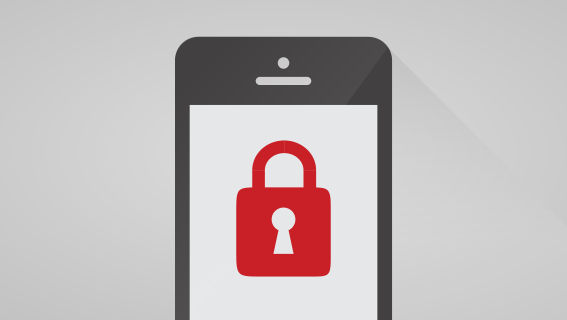Operating systems are robust and secure as long as their developers continue improving their software. Older versions of Android are far more vulnerable as they face the constant threat of hackers exploiting known vulnerabilities. Would you believe it: a day was all it took to crack iOS 11.1 after the grand release. Granted, that was some time ago, but the threat remains.
Despite hacking being a constant threat lurking on us, there are still a lot of smartphone vendors who don’t bother to issue monthly security patches. Some do, but it can take quite some time to do so.
Under the circumstances, you can do a lot to protect yourself. We share a few handy tips to secure your Android device from attackers. It’s all about taking the time to do these simple things rather than scratching your head performing complicated security actions.
Vendors and Update Releases
Here’s a straightforward point we make bluntly. Google’s Pixel series is the gold standard so far as releasing Android patches on time is concerned. Google’s smartphones come with the freshest updates, and get them first before other major vendors (though, in 2021, Samsung’s releases are pretty snappy). Hence, as soon as the newest security patches are released, Google’s smartphones are the first ones to get them.
Thus, you should always pick a company that releases the freshest Android updates.
Lock your Phone, Always
Here’s a simple thing to secure your Android device, yet people might not always do it. More than malware, you run the risk of losing your sensitive information to a pickpocket that has snatched your phone.
It may be old-fashioned, but the system of locking your phone with a PIN remains your safest bet. You only need to be a bit smart in choosing the pin and think beyond 1-2-3-4. You’ll be surprised, but the more fancy methods to lock your phone like patterns, iris scanning, fingerprints, or voice recognition could be more vulnerable to hacking.
Download Apps Only from Google Play Store
Third-party applications are the largest source of most Android malware. Bogus apps do indeed find their way into Google Play Store, but, thankfully, those remain an exception. Google, too has done its bit to make Play Store as safe as it can.
Google Play Protect launches an automatic scan on your Android device to check for malware when you are installing an app. You’ll only have to make sure that it’s on. Here’s how:
Go to Settings. Look for “Security.” Select Play Protect. Select full scanning and turn on “Scan device for security threats” to ensure maximum security.
Use Device Encryption
A study by Verizon reveals that in 58% of the incidents of a data breach, personal data was involved. Yes, it’s slightly worrying, and you should protect yourself. An effective way to do so is by encrypting your device. Here’s the path- Settings> Security> Encrypt Device. However, there are certain conditions that you must know before you perform this. For one, your device might become a bit more sluggish. Additionally, the only way to undo the encryption is by implementing a factory reset.
Manage your Passwords
Millions of users still reuse the same password for multiple accounts. Even if you make minor modifications, such passwords are still vulnerable. It’s risky as hackers can gain access to all your data by hacking just one account. You may also go the old-fashioned way and write your passwords down on paper as long as you keep them hidden. The other option is to memorize them, a difficult thing to do.
What’s the best way to manage your passwords, then? Use a password manager. Google has an inbuilt password manager but using it for all your accounts is a slightly risky affair. We suggest that you use other password management programs meant for mobiles. LastPass, 1 Password, and Dashlane are good options.
Install a Virtual Private Network
Installing a Virtual Private Network (VPN) keeps you protected from hackers. How is that? It does so by setting up an encrypted connection between your phone and the internet. As soon as you connect to a remote server, your IP address changes to the location you have selected. It helps cover your tracks when you are surfing online, making it impossible for hackers to trace you. Therefore, a VPN for Android gives you a shield of protection against snooping and keeps your online privacy intact.
Conclusion
Sometimes, all it takes is one wrong step to suffer severe consequences. We have covered the basics here, the things you must do to stay on the safe side. However, these tips do not make you completely immune. Ensuring perfect safety is practically impossible. Our simple yet effective tips are all about being cautious and doing the right thing. After all, staying cautious is the key to safeguard against all risks.




